Honda is a well-known brand in the market, and only a couple of manufacturers have a better reputation than the Honda Pilot. It is a popular and loved SUV.
However, if you are committed to purchasing a durable SUV, in this situation, you need to be aware of the Honda Pilot, the model years to stay away from, and the reasons why.
So now you are probably wondering what the worst years for Honda Pilot are, then this article is for you.
2003 Honda Pilot
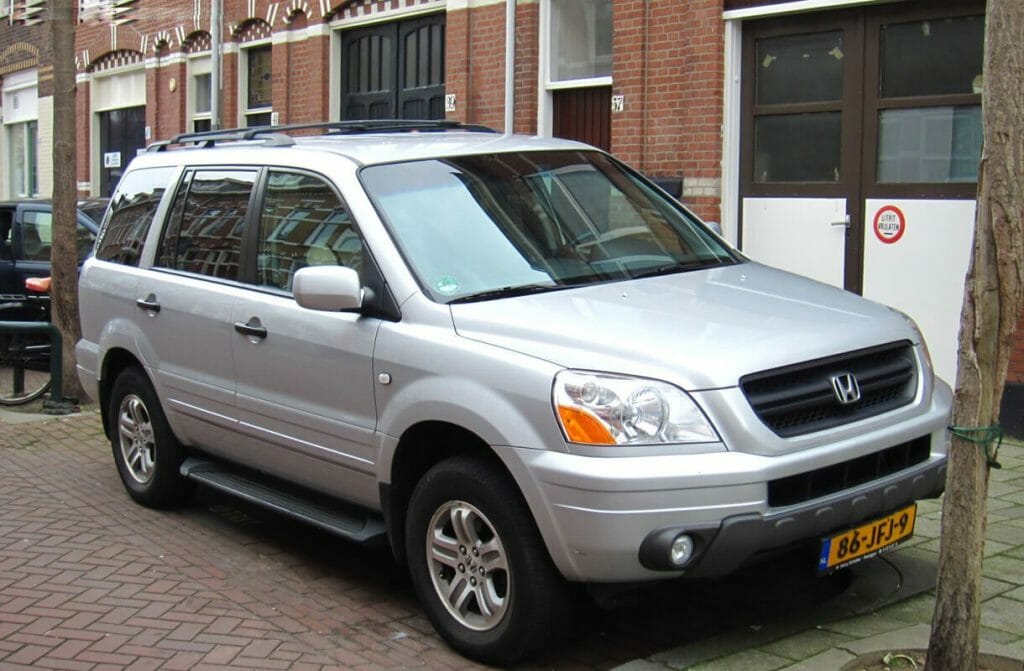
There is a long range of complaints about the 2003 Honda Pilot, making it the least dependable model in the market. The most frequent problems are electrical ones, such as malfunctioning door locks and failed ignition switches.
Transmission malfunctions, however, are the main problem plaguing this model year. A noisy torque converter is one of these malfunctions that affect transmission hauls.
It is highly advised that people avoid buying the 2003 Honda Pilot, particularly if it has driven more than 100,000 kilometres. After that, mileage, transmission problems, and ignition switch disappointments are more frequent.
2005 Honda Pilot
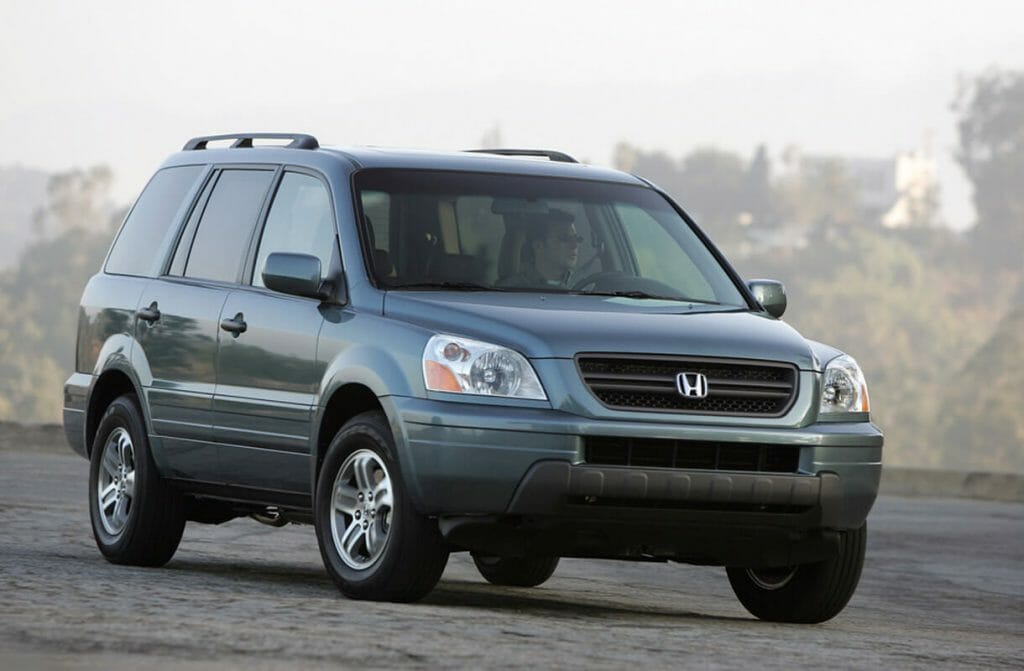
One of the worst model years is the 2005 Honda Pilot because it had many problems that made driving on the road difficult.
These included serious issues, including transmission malfunctions. This vehicle frequently experiences transmission fluid leaks, particularly after 120,000 miles. Faulty torque converters frequently cause the 2005 Honda Pilot’s erratic and unexpected stopping.
If the defective component unintentionally applies the brakes, this is a serious hazard that may result in serious accidents. Because of its continuous disappointments, Takata Airbag Inflators were used in the Honda 2005, which was recalled.
Because of how serious the problem was, the United States had its largest vehicle recall. Another typical concern with the 2005 Honda Pilot is peeling paint, but this is only an insignificant situation unless you live somewhere with a lot of rain.
2009 Honda Pilot
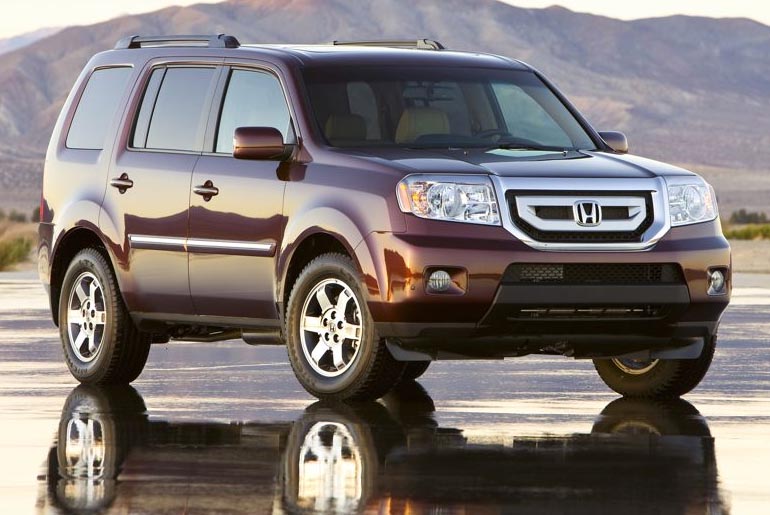
A 3.5 litres V6 arrangement powered the 2009 Honda Pilot. It has an automatic 5-speed transmission engine system with fewer problems than the older variants.
This model’s deformed rotors, which generate vibration when braking the pedals, are the primary objection. This problem requires the machining or replacing of rotors, which results in pricey repairs.
Other than that, electrical problems also occur frequently, and in many instances, overheated wire harnesses are to blame, which can lead to the failure of the low beams.
Moreover, it is also said that when the MAP light does not turn on when the door is unlocked is a little additional problem in the 2009 Honda Pilot.
2013 Honda Pilot
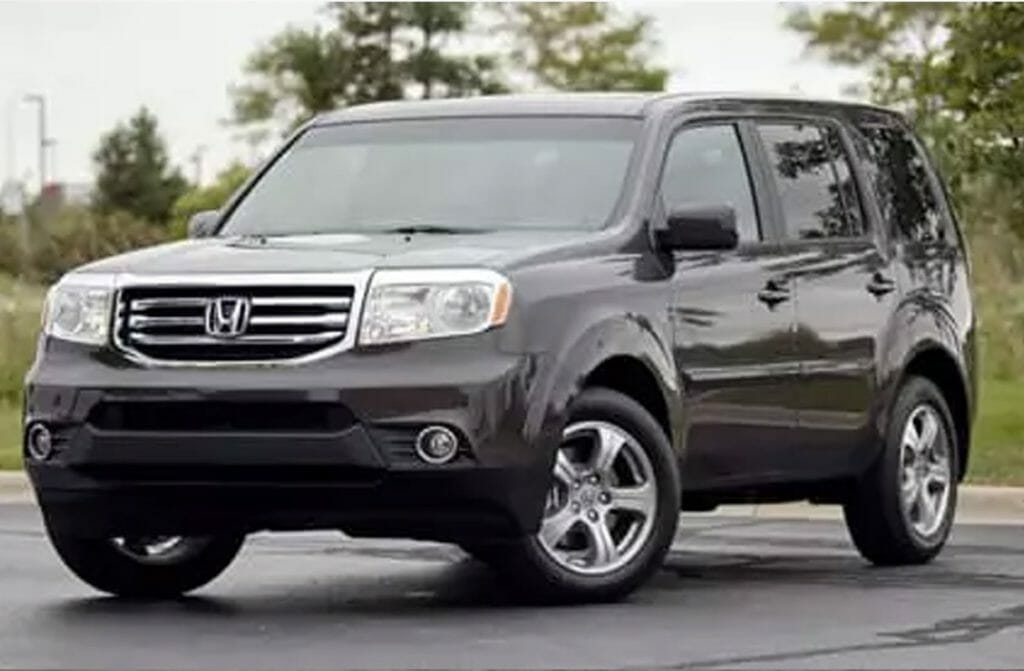
A common problem with the 2013 Honda Pilot model is peeling paint. Before whole coat sheets start peeling off, there is discolouration.
Honda utilised inferior primer and paint, which is related to the issue. However, it is also said that owners of the blue, black, and red models tend to experience the paint peeling problem the most frequently.
Other than that, warped brake rotors are the most common problems that result in vibrations when braking. There may be clunking sounds in addition to the high-speed vibrations when braking.
2016 Honda Pilot
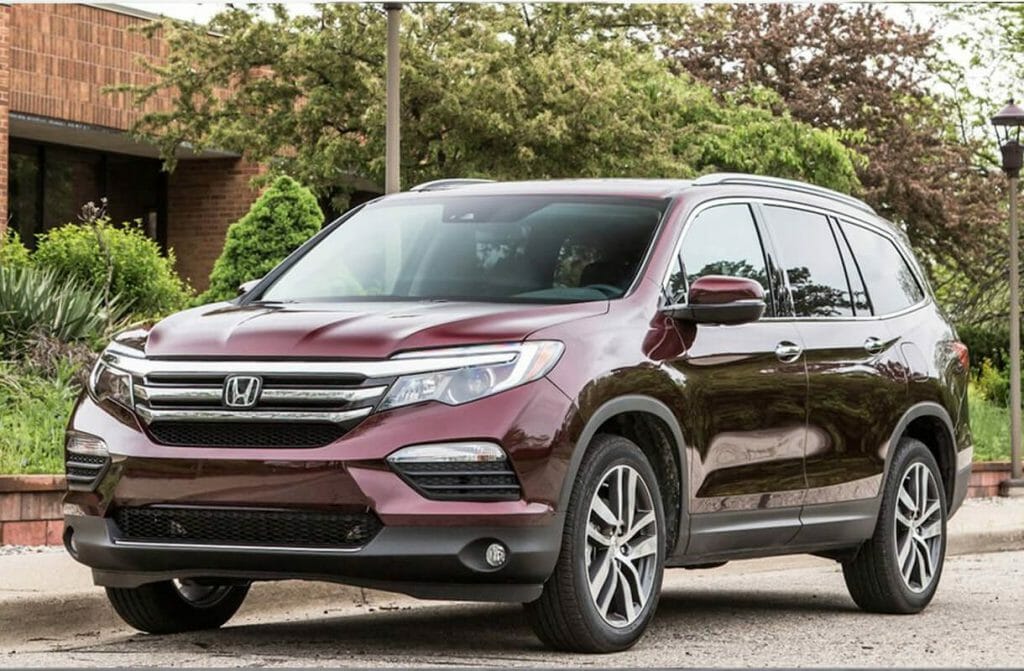
For the 2016 Honda Pilot model, the National Highway Traffic Safety Administration received over 370 reports of electrical problems, more than 125 drivetrain difficulties, as well as 250 other engine-related complaints, were also received.
Once the car has more than 59,000 miles, fuel injector problems are also frequent and expensive to repair. And it has been informed that fixing this problem can cost a pretty penny. One of the most expensive auto repairs is a transmission replacement.
After the vehicle reaches around 42,000 miles, the 2016 Honda Pilot frequently has transmission problems. Moreover, transmission problems are risky on the road because they impair vehicle control and could result in an accident.
How Reliable Is A Honda Pilot?
Honda Pilot is one of the most reliable vehicles in the market. However, you must know that not all of the model years are built equally and will all be reliable. According to various reports, the vehicle is known to have an overall reliability rating of 4.5 out of 5.
It is also said to last for a long period, plus many model years are likely to have fewer issues and will deliver the best mileage and so much more. It is also one of the most affordable vehicles, so you will be getting a lot for the best price.
- How Long Do Honda Pilots Last?
Honda Pilots should endure anywhere between 250,0000 miles up to 300,000 miles if they are used appropriately and receive routine maintenance. If you drive an average of 15,000 miles each year, like most Americans, it translates to 16 years to 20 years of dependable service.
However, you need to keep in mind that you will only be able to reach high mileage if you take extra care of the vehicle as well as make sure to deliver the regular maintenance it requires.
Frequently Asked Questions
Is Honda Pilot A Good Car?
Its powerful base V6 engine and well-balanced handling prowess, as well as riding comfort, ensure that driving it is anything but boring.
Do Honda Pilots Hold Their Value?
Conclusion
There you have it; if you have made it this far, then I hope this article on the best and worst years for Honda Pilot has helped you decide what move you should make next.
If you do decide to buy the Honda Pilot, then the best model has to be the 2010 Honda Pilot. It has many of the contemporary conveniences added to the 2010 model year, but dependability improvements make it a superior long-term investment.
You can even purchase the recent model because they have the least problems but just make sure to avoid the 2016 model year.
Have 1 million naira and above to Buy or Sell Cars In Nigeria? Check carlots.ng
All rights reserved. Reproduction, publication, broadcasting, rewriting, or redistribution of this material and other digital content on carmart.ng is strictly prohibited without prior express written permission from Carmart Nigeria - Contact: [email protected]


